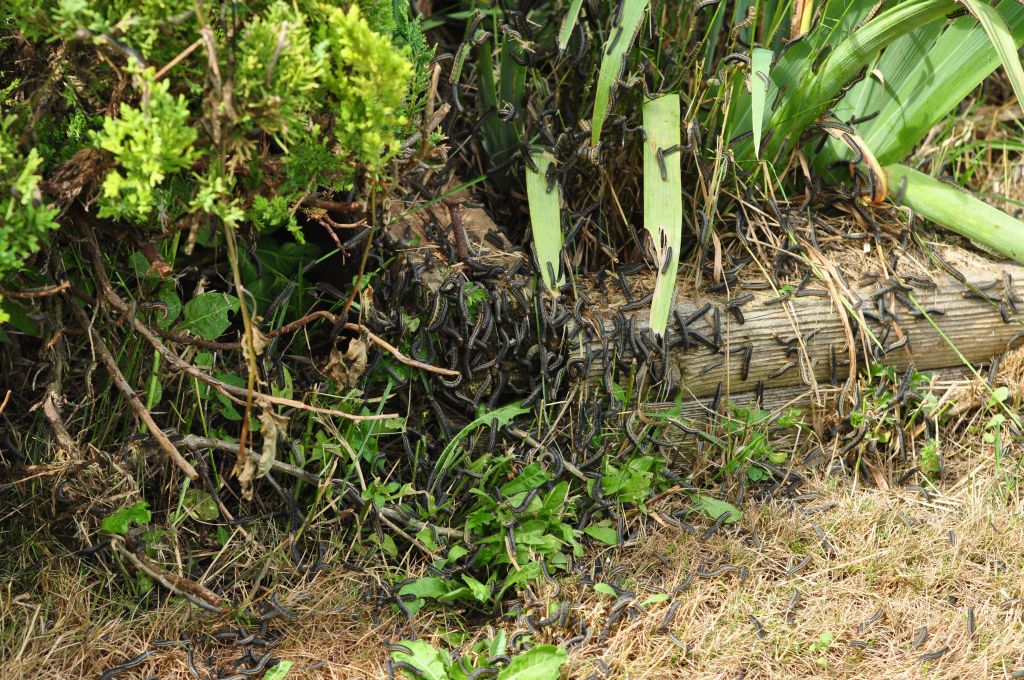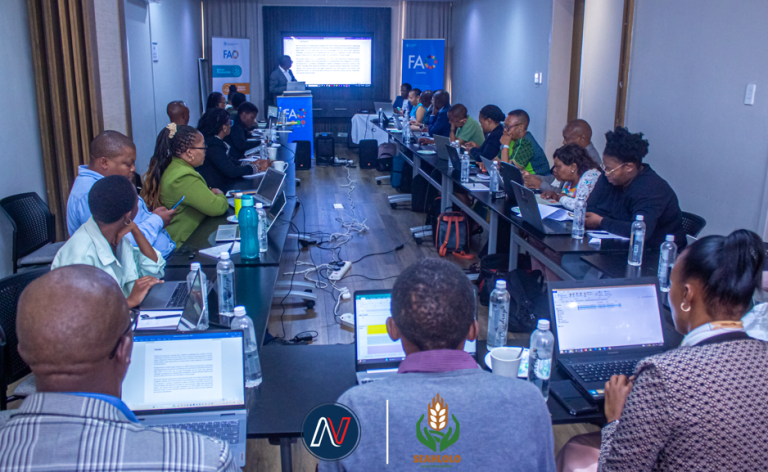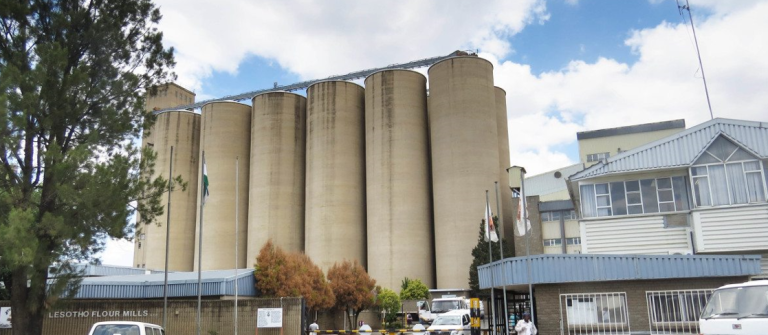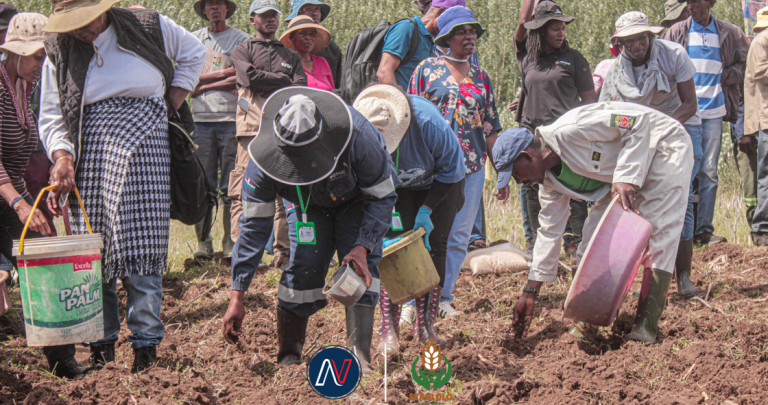
African armyworm (Photo: Bermudabluez)
A team of agricultural experts from the Ministry of Agriculture, Food Security, and Nutrition is working tirelessly to contain the spread of the African armyworm in Mohale’s Hoek and Mafeteng, Minister Thabo Mofosi has confirmed.
Addressing parliament yesterday, Minister Mofosi raised an alarm over the severity of the outbreak, warning that it poses a direct threat to the country’s food security.
Speaking to Seahlolo, he revealed that the armyworm infestation has primarily affected several areas in Mohale’s Hoek, including Liphiring, Makhaleng, and Taung, as well as parts of the Mafeteng district.
The Ministry’s spokesperson, Lereko Masupha, underscored the gravity of the situation, stating, “Many villages in these districts have been impacted. While the outbreak has been reported in Mohale’s Hoek and Mafeteng only, we anticipate more reports from other regions soon.”
Government Response and Mitigation Efforts
In response to the crisis, Ministry officials, with the assistance of local villagers, are actively spraying affected fields with targeted pesticides and chemicals.
To curb the spread, Mofosi revealed that his ministry has deployed moth traps nationwide and is urging farmers to report sightings of the destructive pest immediately to extension officers. “Since this is not the first time the African armyworm has invaded the country, we are well-prepared with mitigation measures to stop its spread,” Mofosi assured.
Lesotho previously faced a devastating African armyworm outbreak between 2012 and 2015, which ravaged maize, sorghum crops, and pastures.
That infestation affected eight districts, with Berea, Leribe, Maseru, and Mafeteng suffering the worst impact.
The crisis forced the government to hire helicopters from South Africa for aerial spraying and deploy ground teams to combat the pest in mountainous areas.
A Regional Threat
The current outbreak is not isolated to Lesotho—it has spread across Southern Africa, posing a severe threat to food security, economic stability, and the livelihoods of millions of smallholder farmers.
The Centre for Coordination of Agricultural Research and Development for Southern Africa (CCARDESA) reports that Zimbabwe, Malawi, Botswana, Eswatini, and South Africa have also recorded outbreaks through their respective Ministries of Agriculture.
Experts Warn of Severe Economic Impacts
Agricultural scientist Michael Ntlaloe stressed the urgency of a coordinated regional response to mitigate the potential damage.
“This outbreak could have devastating economic consequences, particularly for smallholder farmers who form the backbone of our agricultural sector.
“If left unchecked, it could drastically reduce crop yields, exacerbating food insecurity in a region already grappling with climate change-related challenges,” he warned.
Farmers are urged to stay vigilant, report sightings, and cooperate with government efforts to combat this rapidly spreading pest.






